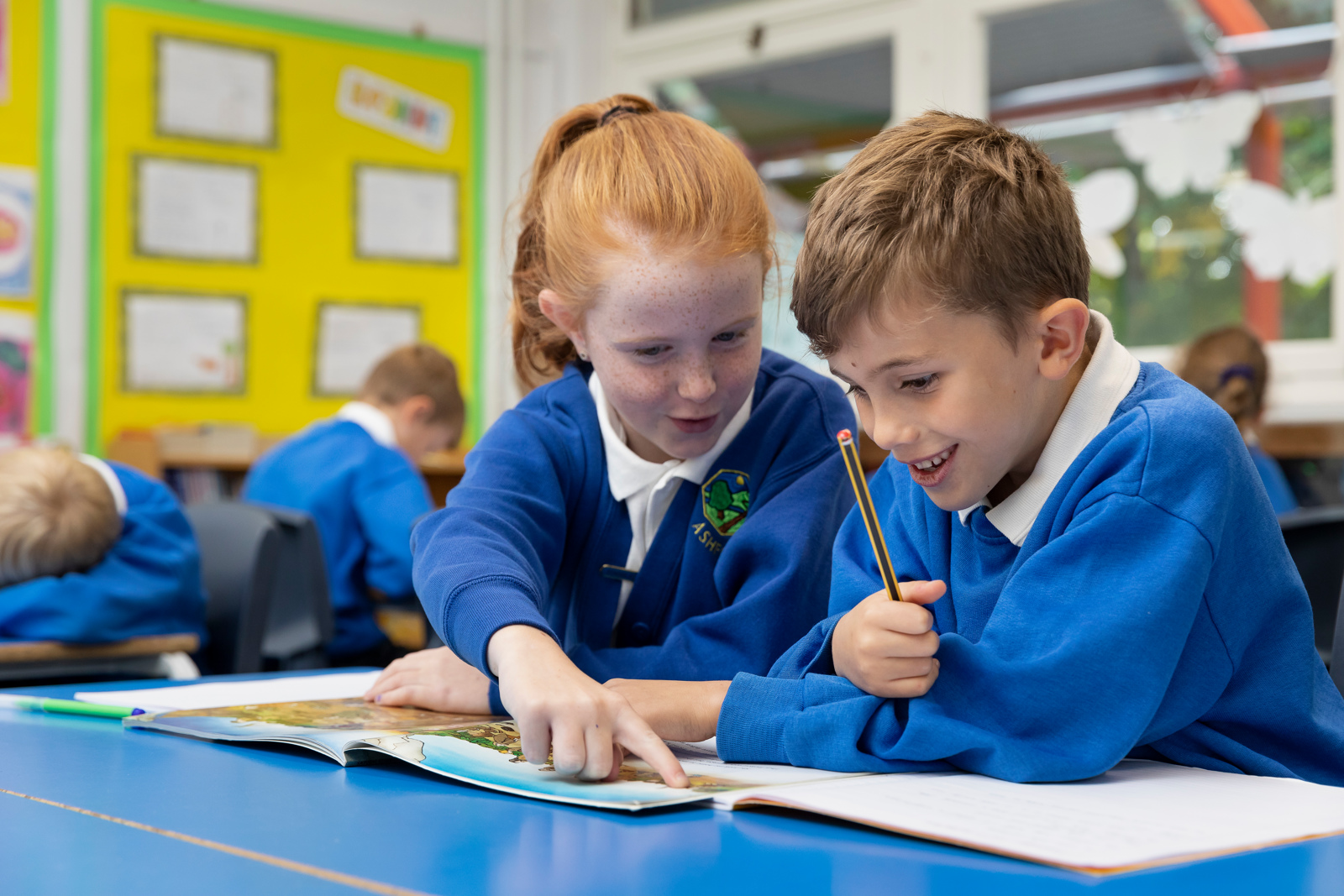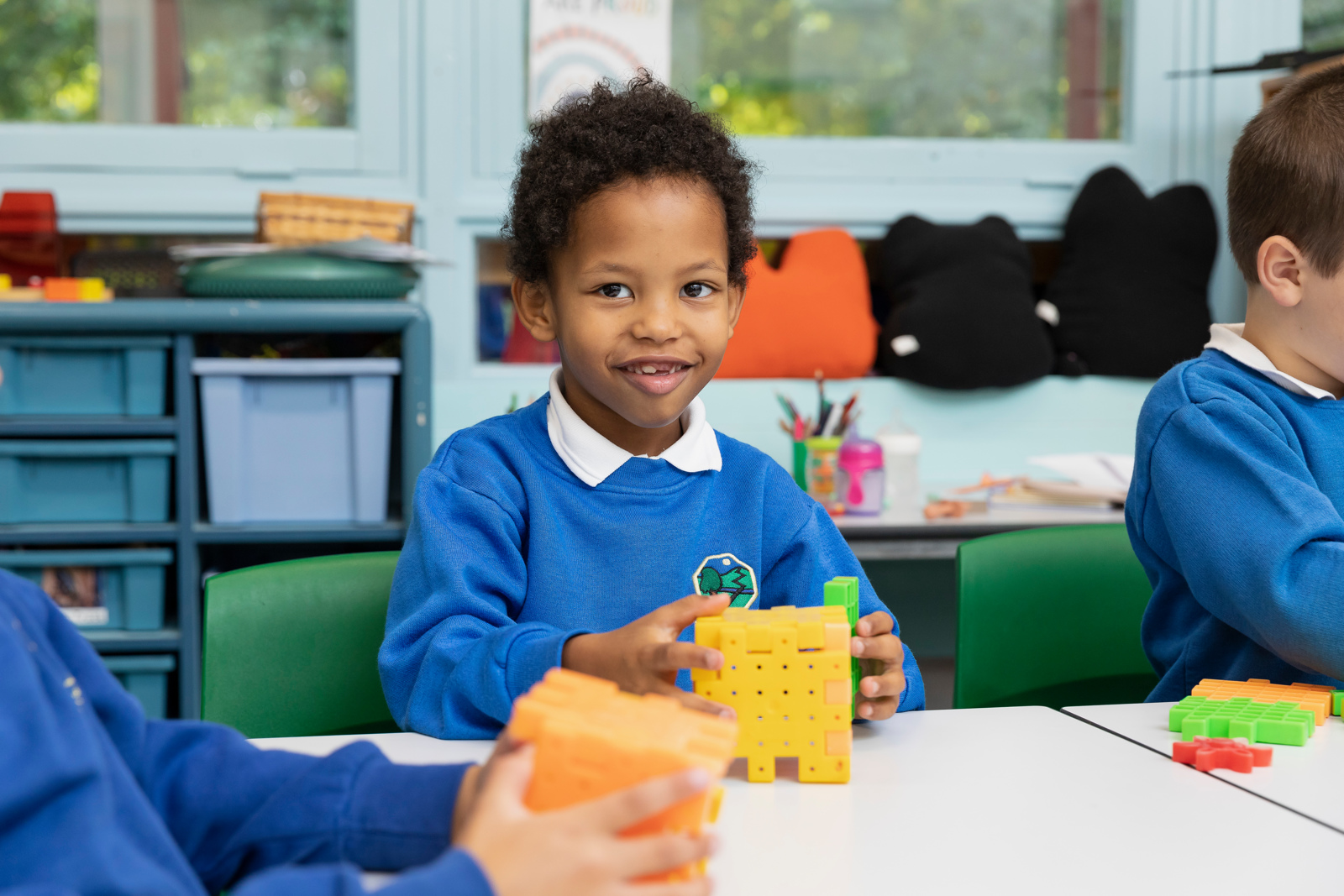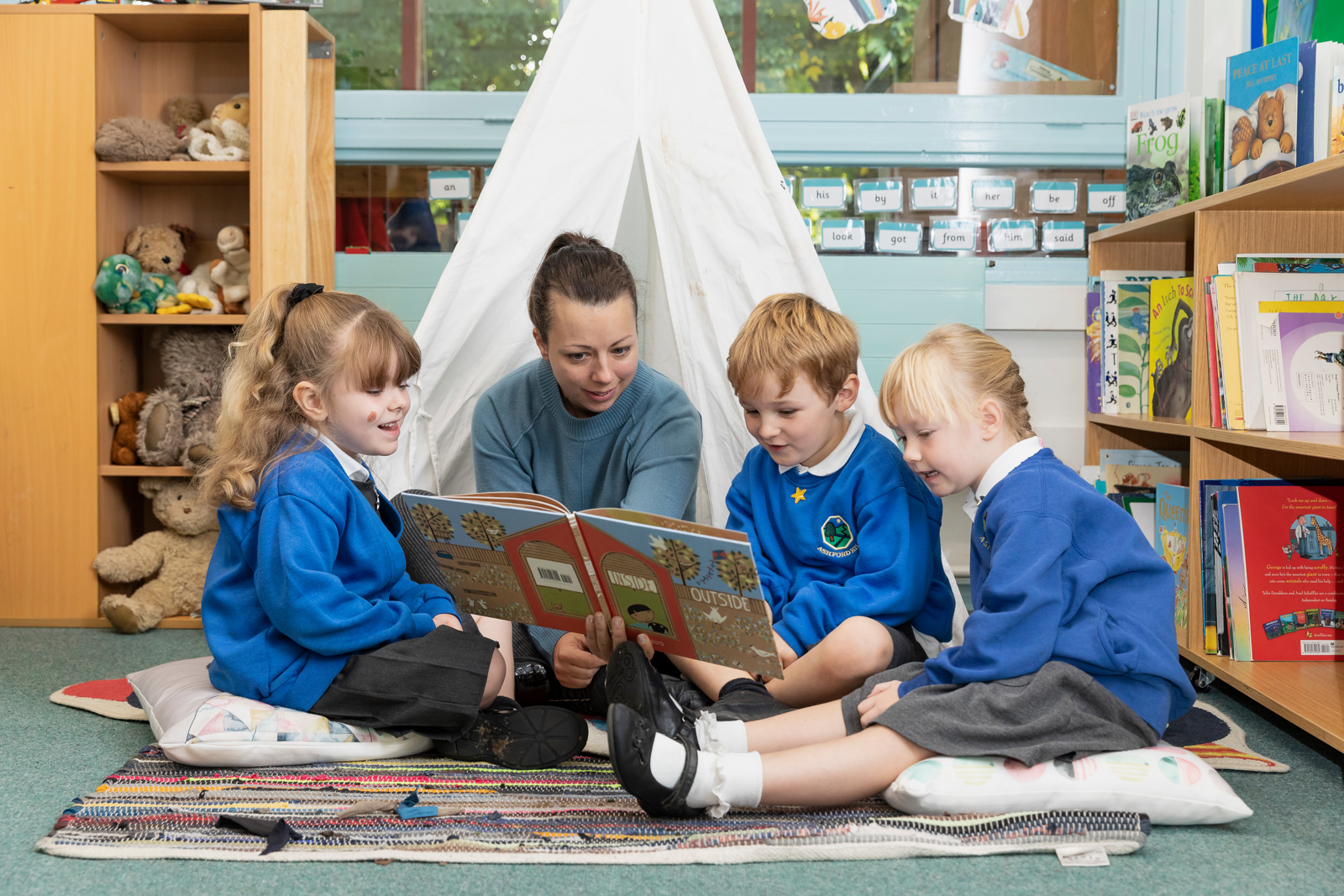Computing
Intent
At Ashford Hill, we aim to prepare our learners for their future by giving them the opportunities to gain knowledge and develop skills that will equip them for an ever-changing world in which digital skills are a core need. As society grows in its reliance upon technology, be it at home or within the workplace, we want our learners to be confident, competent and safe users of a range of technology, including digital literacy, information technology, computer science and online safety. These areas are revisited repeatedly through a range of themes, including cross curricular links such as science, maths and design technology.
We want our children to be able to leave with a set of skills that allows them to access new and unfamiliar technology which has yet, but certainly will be, created. Our vision is to ensure the learning is embedded and skills are successfully developed so that our children are prepared to live and explore digital worlds and use them to their personal and professional betterment while feeling safe doing so.
____________________________________________________________________________________________________________
Implementation
Curriculum design
We encourage children to embrace technology and to have a healthy and life-long love of learning. Through a progressive skill and knowledge based curriculum, we aim to develop confident, independent learners who can plan, design, create, program and evaluate information. This ensures that children become digitally literate to be active, safe participants in the digital world. At Ashford Hill Primary, computing is taught in discreet computing lessons. Our scheme of work for Computing is adapted to reflect the needs of our children and covers all aspects of the National Curriculum.
Our curriculum is designed with a strong emphasis on acquiring, analysing and building knowledge. From Early Years, we aim to provide our pupils with a broad, play-based experience of Computing in a range of contexts. As they move through to key stage one and two, this knowledge is built upon as they further discover more about what algorithms are and how they are implemented as programs on digital devices while also learning how to communicate safely and respectfully online. Each time that they revisit an aspect of computing, they build their knowledge to secure a deeper understanding of our digital world. Projects completed by the children throughout their time with us, support their perseverance, creativity and critical thinking.
At Ashford Hill, our computing curriculum is broken into units four strands. These four strands, essential to our children develop a healthy relationship with technology, are computer science, information technology, digital literacy and e-safety.
Computer science: Pupils are taught the concept of information and computation, what are and how to use various digital systems.
Information technology: underlines the knowledge and skills required to create programs, systems and a range of documents.
Digital literacy: Digital literacy is the ability to use and express themselves while developing ideas through, information and communication technology. It also underlines the knowledge and skills relating to online safety and technology in society.
Online safety
Children have never known a world before the Internet. The Internet and continued development of computing technologies has transformed the way people communicate, work and live their daily lives. As the digital world continues to evolve, children of primary age will be entering jobs in the future that don’t currently exist. It’s therefore paramount that children are given skills, knowledge and opportunities to embrace the digital world confidently, yet safely.
In school, children are taught about the importance of staying safe when using technology and online resources through a variety of ways. These include the importance of keeping passwords secret and not sharing personal information. Additionally, we take part in National events such as 'Safer Internet Day', where all children will have an assembly which focuses on age-appropriate e-safety issues, followed by an opportunity to discuss these matters further in their class.
Through our home/school links and communication channels, parents are kept up to date with relevant online safety matters, policies and agreements. They know who to contact at school if they have concerns.
Digital Leaders
Each year we interview and appoint Year 6 children to become Digital Leaders. These young leaders help support the computing curriculum by learning about and discussing aspects of e-safety, checking and guiding students with the use of a digital worry box and supporting other year groups in the accessing of the curriculum.
____________________________________________________________________________________________________________
Impact
Computing skills are a major factor in enabling children to be confident, creative and independent learners and it is our intention that children have every opportunity available to allow them to achieve this. At the end of each year, pupils have developed their computing skills, and have gained a new understanding of online safety issues and how to keep themselves safe online.
In our computing curriculum, the children will revisit each objective several times over through their time in Early Years, KS1 and KS2. This ensures that they are given the opportunity to develop their knowledge and skills as well as the best results possible. Pupil attainment is assessed which enables staff to accurately identify attainment of pupils through which informs future planning. Children are also encouraged to self, peer and group assess their work in a positive way.




